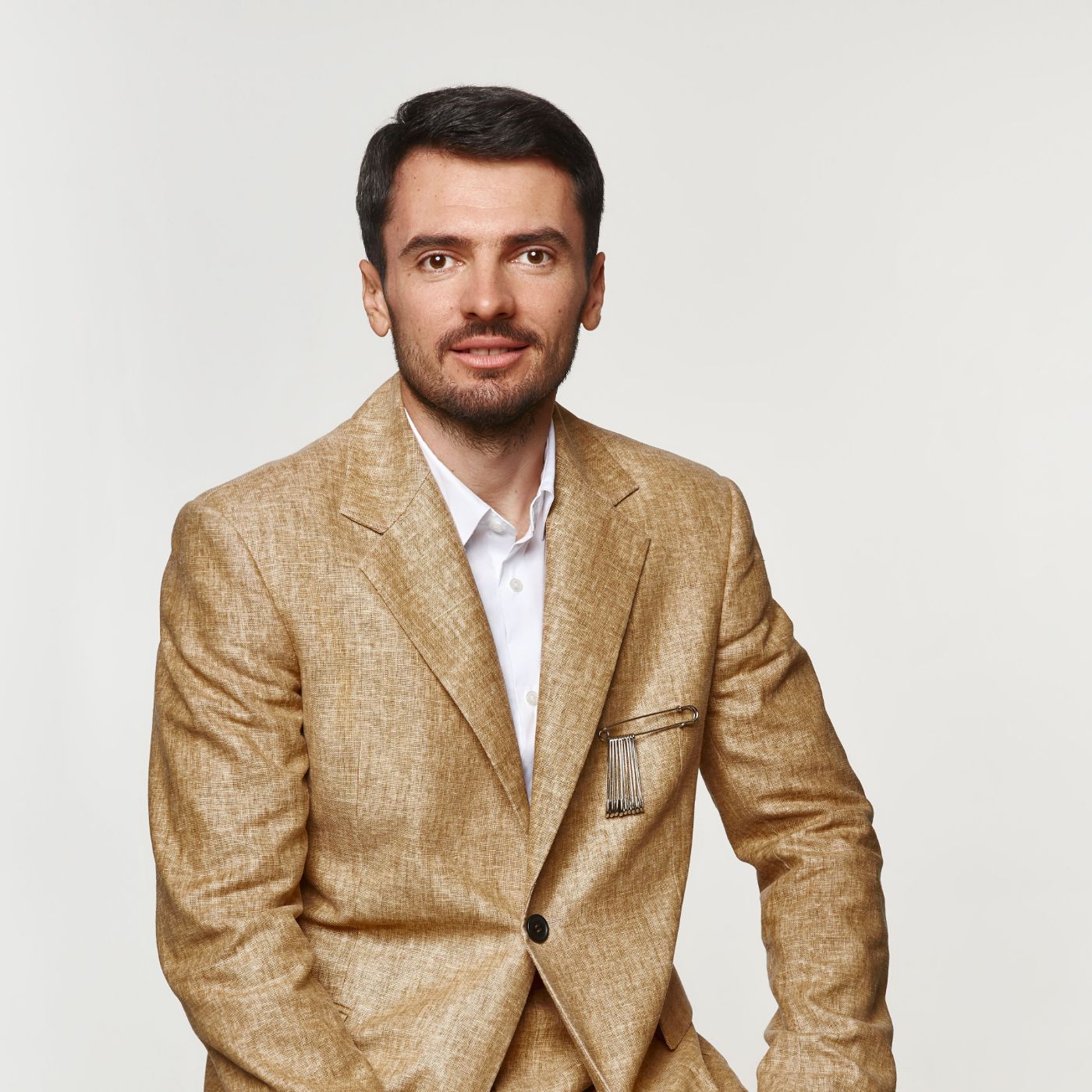728 reads
The Healthcare Revolution: How The Metaverse Can Transform Traditional Industries And Improve Them
by
May 31st, 2022
Audio Presented by

CEO and Co-Founder of DeHealth. Cyber War Strategist, global health and blockchain expert.
About Author
CEO and Co-Founder of DeHealth. Cyber War Strategist, global health and blockchain expert.
